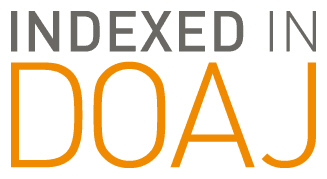Short Title
School Accountability in a Post-COVID World
Keywords
Accountability, COVID, CBAS, Community-Based Accountability Systems, Test-Based Accountability
Abstract
The COVID-19 pandemic disrupted traditional school accountability systems, particularly those reliant on standardized testing. This study investigates how three Texas school districts responded to pandemic-related needs and adapted their locally developed Community-Based Accountability Systems (CBAS) to maintain accountability in the absence of standardized test data. Drawing on seven semi-structured interviews with district leaders, the study explores how educational leaders identified and addressed the emerging needs of their communities, such as mental health, technology access, and social-emotional support. The findings demonstrate that districts leveraging CBAS before the pandemic were better positioned to meet these challenges, providing more comprehensive accountability that extended beyond academic outcomes. Further, these districts were able to identify and address the emerging needs of their students and communities through existing accountability frameworks that were not reliant on standardized testing. The study highlights the limitations of test-based accountability systems during the pandemic and underscores the potential for CBAS to serve as a more adaptable and equitable model for school accountability in a post-COVID world. The implications suggest a need for a more balanced approach to accountability, incorporating both academic outcomes and broader measures of student well-being and community engagement.
Recommended Citation
Leader, Joel A.
(2024)
"What Could School Accountability Look Like in a Post-COVID World?,"
School Leadership Review: Vol. 19:
Iss.
1, Article 5.
Available at:
https://scholarworks.sfasu.edu/slr/vol19/iss1/5
Included in
Educational Leadership Commons, Elementary and Middle and Secondary Education Administration Commons
Tell us how this article helped you.


